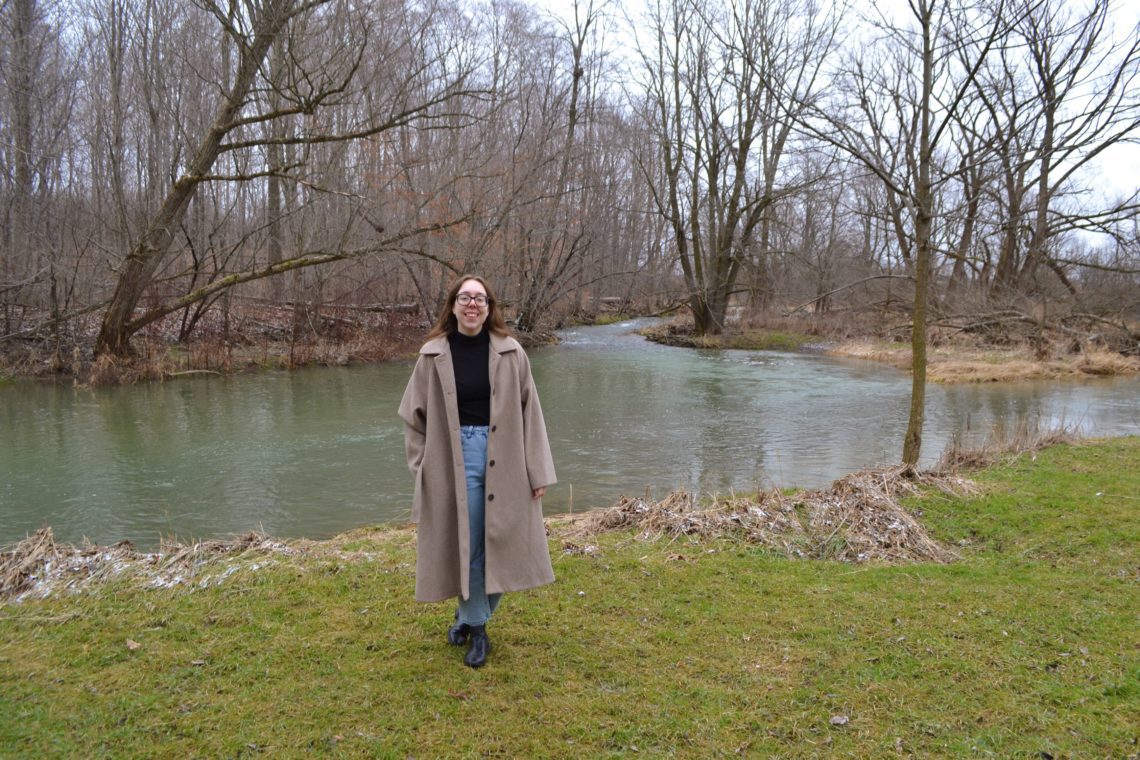
Lucan, Ontario
Middlesex County, est. 3,089 residents
Lucan, Ontario, is a growing small town with a lot of history behind it. The Attawandaron (Neutrals) was the first group living in the region before the area was settled in 1829 by free Black pioneers from the United States.
In 1832, settlers from southern Ireland arrived, and the community was renamed Marystown as a tribute to the wife of John McDonald, the original land surveyor of the area. A county by-law passed in 1871 allowed the village to become incorporated, and the name was changed to Lucan in honour of Lord Lucan, a prominent landowner in Ireland.
The Grand Trunk Railway opened a station in Lucan in the late 1850s. This construction allowed the village and the surrounding township to prosper by having quicker access to larger marketplaces. New immigrants also settled in the area because of the convenience of having a rail line nearby to travel to other bustling towns and cities.
The Wilberforce Settlement
The first settlers in Lucan were free Black immigrants from Cincinnati, Ohio. In the state, the Ohio Black Laws of 1804 and 1807 restricted the movements of free Black people and required them to pay a $500 bond per individual to guarantee they wouldn’t get into trouble. Enforcement of these laws boiled over, which caused many to look for a new home.
As Cincinnati increased enforcement against the Black community, anti-slavery groups began searching for a way to move those affected to a safer community. In 1829, settlers purchased 800 acres from the Canada Company for the new Wilberforce Settlement and named it after British abolitionist William Wilberforce.
Within three years of this purchase, 32 families were living within the settlement, which had grown to include two schools, two churches, a sawmill, a temperance society, a blacksmith, a shoemaker, and a tailor. Although this was a successful settlement, because the number of settlers was much smaller than originally planned, and due to the unwillingness of Canada Company agents to sell them more land, the colony could not expand.
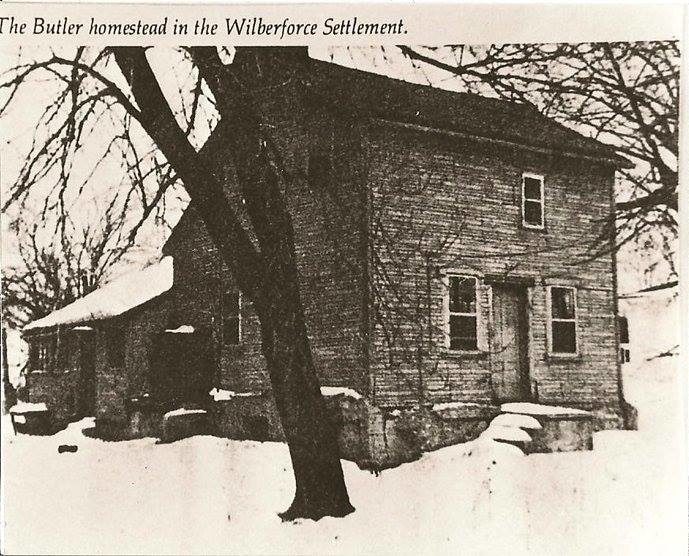
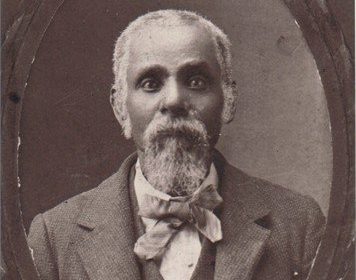
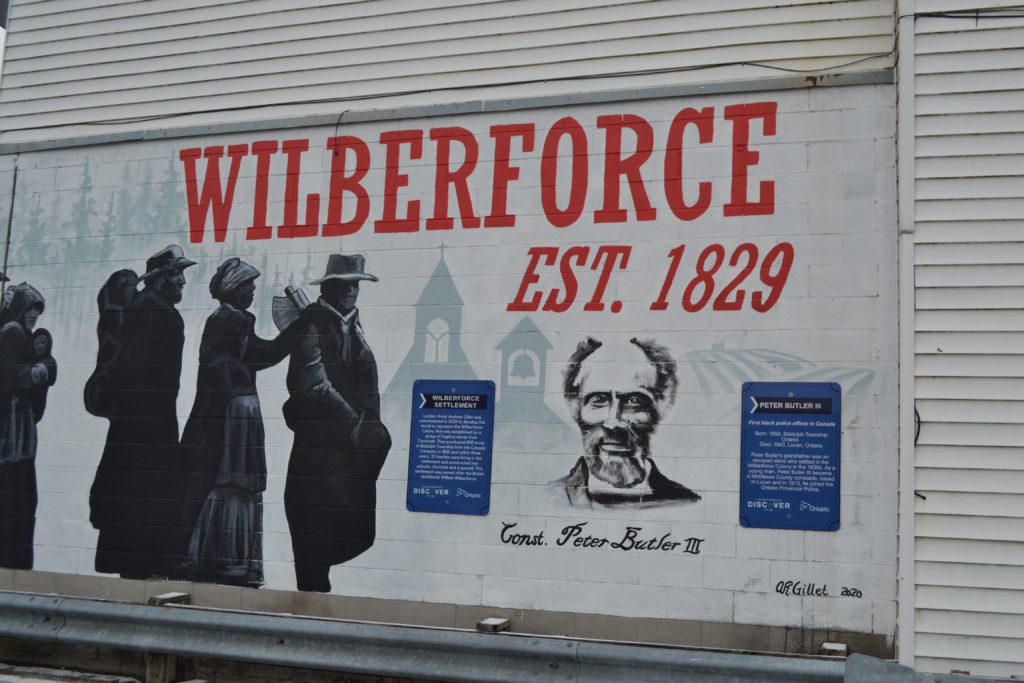
By the 1840s, many of the group’s leaders had left, but a core did remain. Some members of the Wilberforce Settlement returned to northern states across the U.S., while others moved to more urban areas in Southern Ontario like London and Chatham. Some of their descendants continued to live in the town into the 21st century by carving a path of their own through land ownership, hard work, education and legal equality despite being met with racism and bigotry.
The Black Donnellys
One of the most well-known things about Lucan is the story about the Donnelly murders. The Donnelly family had emigrated from Ireland in the 1840s with the hopes of finding success in Canada. James and Johannah eventually settled on contested land in Lucan, and before long, conflict arose between the family and the community over the land’s ownership.
The feud boiled over in 1857 when James Sr. killed Patrick Farrell, the man who actually owned the land the Donnelly clan had illegally called home. James Sr. was taken to the Kingston Penitentiary for the crime, and as his seven sons grew older, they also started to get into their own trouble. The Donnellys and their children, James Jr., William, John, Patrick, Michael, Robert, Thomas and Jenny, became synonymous with trouble, with James Donnelly arguing, “we are blamed for everything.”
On February 4, 1880, the Donnelly family was settling down for the night before heading to court the next morning over a different incident. Johnny O’Connor was spending the night and was tasked with doing farm work and watching the house the next day while the family was away.
Once everyone went to their rooms for the night, a vicious mob stormed over to the Donnelly residence and killed James, Johannah, Thomas and their relative Bridget. While trying to find a safe place to hide from the mob, Johnny O’Connor ran into the room where he was sleeping and hid under the bed behind a clothes basket. He could see through a crack underneath the bed and witnessed the entire murder on that dreadful night.
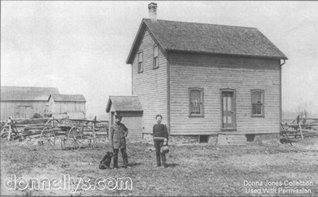
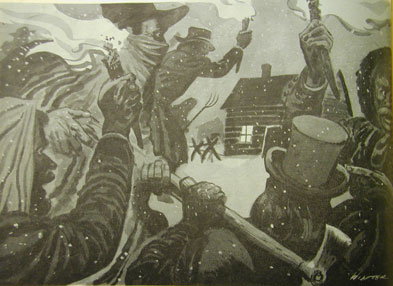
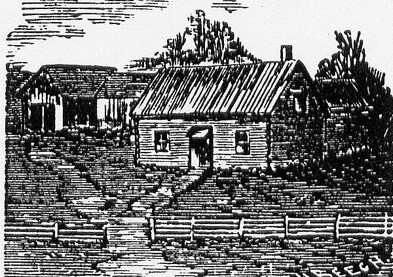
Johnny waited for the mob to leave as he feared they would kill him if they saw him since he was a witness to their crimes. The vigilantes eventually set the house on fire with oil from the family’s lamps, which forced the 12-year-old to leave, stepping over the severely injured Donnelly family members on his way out. He then ran across the road to Patrick Whelan’s house, woke the family up and told them what he had witnessed.
John Donnelly was also killed that night after the mob set out to William Donnelly’s house some three miles up the road. Once there, they stayed in the bushes outside calling for Will to open the door. However, upon hearing the ruckus, John Donnelly, who had been staying the night at Will’s, was shot as he opened the door.
Despite having an eyewitness and a great deal of evidence surrounding the murders, no one has ever been held accountable for the crime, as two trials could not determine a guilty verdict. The Donnelly murders are known for being one of the most horrific in Canadian history.
Lucan Today
The Lucan Area Heritage & Donnelly Museum was founded in 1995 and has become an integral part of the community. After moving locations a couple of times, Lucan Area Heritage opened the building for the current museum in May 2009. The museum is dedicated to the preservation and retelling of the most famous historical events of the area, including the Donnelly tragedy, the Wilberforce Settlement and the Irish settlers.
Lucan Architectural is a small, family-run business that sells home and garden decor and hand-crafted Amish and Mennonite furniture. The business has been open for nearly 20 years with its builders using traditional methods to craft stunning furniture.
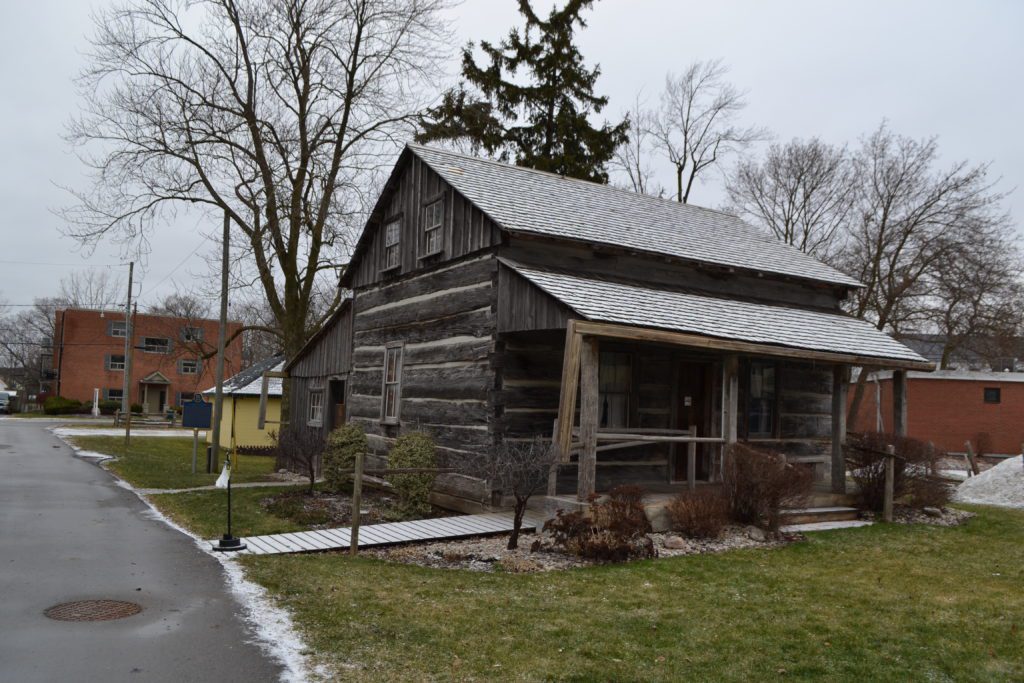
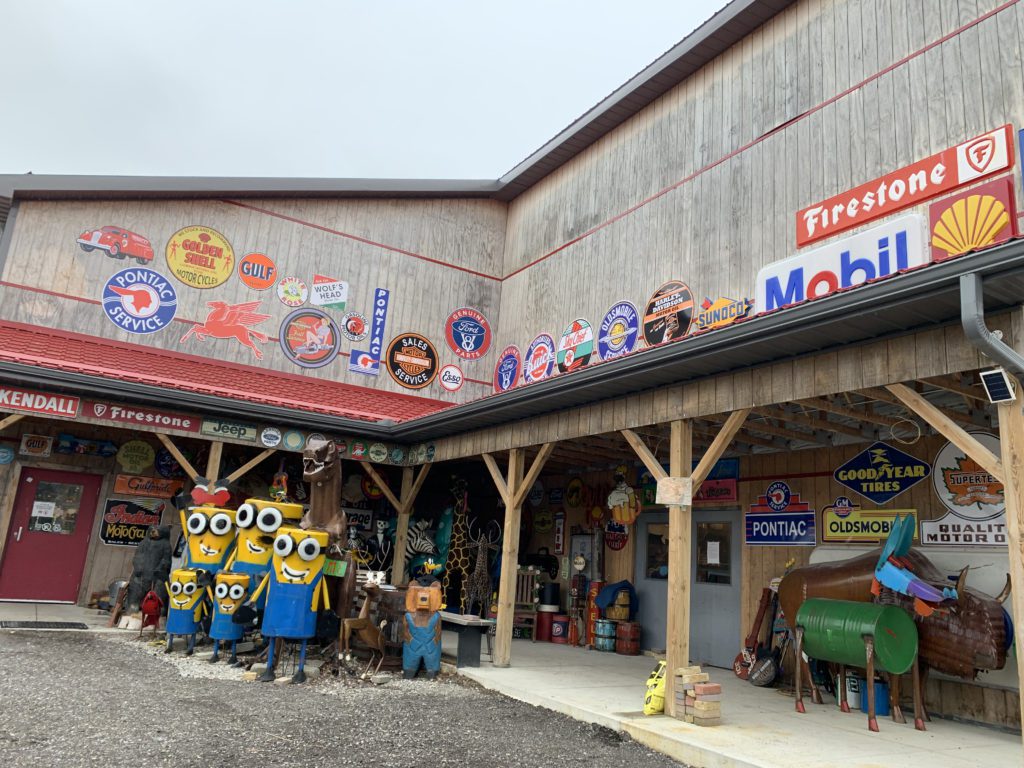
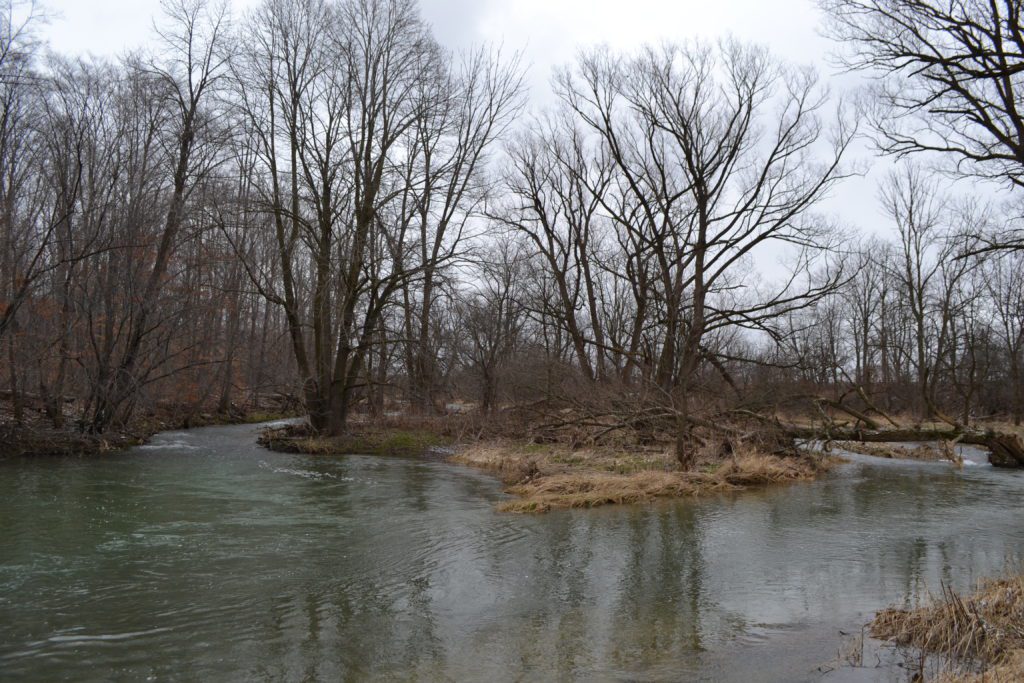
The Hub Roadhouse prides itself on using local ingredients to craft its delicious dishes. Jody and Matt first opened the restaurant in 2018 as MJ’s Roadhouse. They converted the building from an old furniture store into a restaurant, which they recently sold in order to start the Donnelly Cafe and Taphouse with their original local staff and partners.
Formally known as the Ausable River Conservation Authority, the Lucan Conservation Area purchased 3.2 hectares of land in 1961 to protect the Little Ausable River and the species populating the area. The space is a great spot for a short trail walk, snowshoeing, a picnic or fishing, depending on the season.
The town of Lucan is brimming with history. Many stories from the past are still being shared today with the help of dedicated volunteers that are remembering the town’s history to establish its future.
A big thank you to Jodi from Donnelly Cafe and Taphouse for providing me with more information about her previous restaurant, MJ’s Roadhouse.


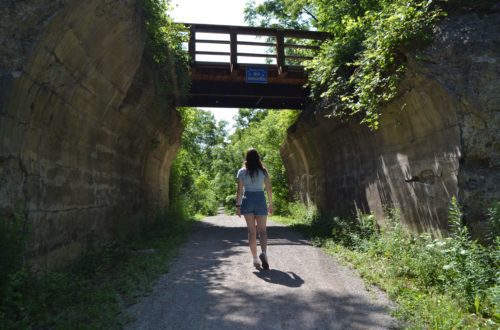
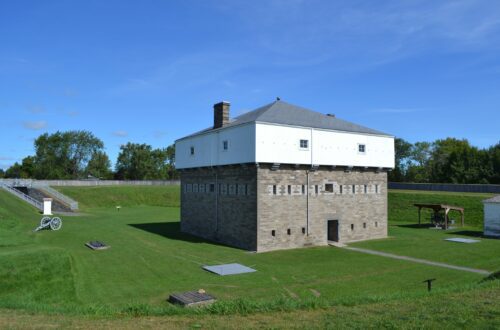
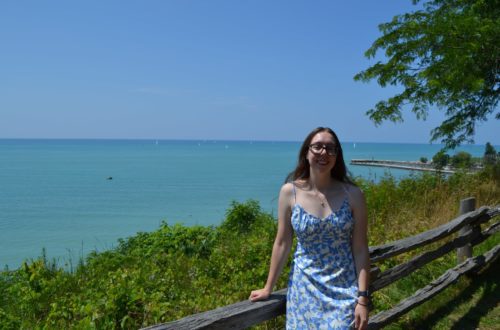
6 Comments
Mary Jane van Kasteren
Very interesting article about Lucan’s history, well written and very good factual information. Congratulations to Matt and Jodi on all the participation in creating first the roadhouse then Donnelly Café and taphouse. These two venues have created great spaces for community to gather and have great meals and social time within the community!
smalltowncanada
Hi Mary Jane, thank you so much for the comment and for reading my article! Jodi was extremely helpful with the information she provided me about both of her restaurants and I’m so glad the two of them have been able to create such a great place for the community to gather.
Raed Elzohiry
Beatiful Lucan, there are many awesome small towns in Ontario/Canada and i was fortunate to visit many for work purposes but never in Lucan. Thanks for sharing so that we learn about our country.
smalltowncanada
Hi Raed, thank you so much for checking out my article! Lucan was a wonderful place to visit and it brought back memories from when I was younger and played hockey at the arena. If you ever have any small town suggestions from places you’ve visited in the past, please let me know. Thank you again!
Joseph frank Dobbs
loved your presentaion as we were from lucan area my great grandfather george essery he was around 3 yrs old with his mother would ride on the donnelly stage from centralia to exeter or lucan
smalltowncanada
Hi Joseph, thanks for your comment! I’m glad you enjoyed my article and video about Lucan. What an incredible bit of history your family has in the area!